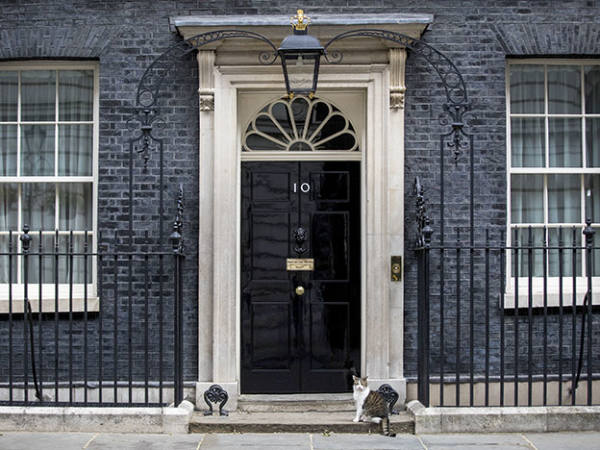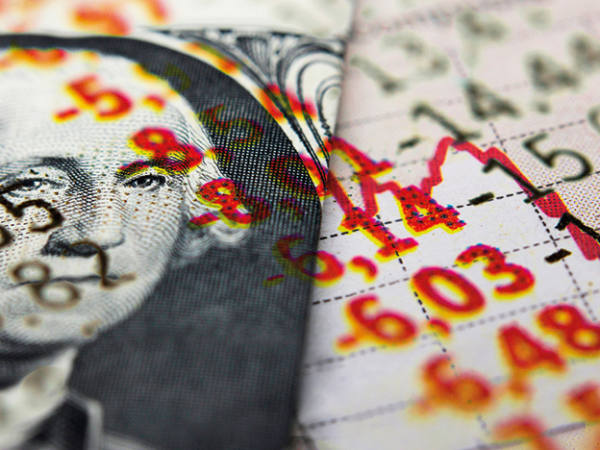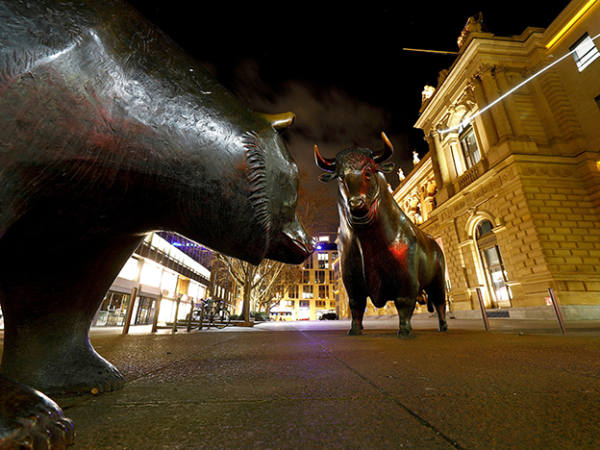- Jay-Z has emerged as one of the year’s most successful dealmakers
- The SEC is warning against a boom in celebrity Spacs, but investors could do worse than follow the most discerning celebrities with their money
In 2010, Warren Buffett declared Jay-Z was “the guy to learn from”. This year, hip-hop’s first billionaire is proving why.
Jay-Z, who just became the most decorated rap artist in the history of the Grammys, has had a hugely successful first quarter. This month, he sold a majority stake in his music-streaming business, Tidal, to Jack Dorsey’s Square (US:SQ), for $297m (£214m). Only a week before that, he was celebrating the sale of 50 per cent of Armand de Brignac, the high-end champagne company he bought in 2014, to French luxury giant LVMH (FR:LVMH).
What’s more, the 51-year-old – who has rapped about launching his entrepreneurial career as a teenage drug dealer – is now set to make a killing with the imminent IPO of Oatly. As Jay-Z was crossing the Ts and dotting the Is on his deal with LVMH, the vegan milk producer was reportedly eyeing a valuation of $10bn in a US listing, about five times the value of when the rapper’s Roc Nation business bought a stake in the company last July.
But Jay-Z is not the only famous person making headline-grabbing deals in 2021; from bitcoin to tech start-ups, many of the biggest market trends of recent years have been driven by investments from rappers and sports stars. Publicity from celebrities tends to boost demand for an asset class; fans who followed them into the most lucrative investments are now counting their winnings.
These are not normal times in the markets. Investors have traditionally looked to star fund managers for inspiration, but should they now be taking tips from the rich and famous?
Never a good idea?
Some stars think you should be betting on their investment knowhow. In the past year, everyone from basketball legend Shaquille O’Neal to American footballer Colin Kaepernick has launched their own special purpose acquisition company, a once-obscure investment vehicle that has quickly emerged as Wall Street’s hottest asset class. Many celebrity-backed Spacs – a type of blank-cheque company that goes public with the aim of acquiring a private firm – are already attracting valuations of hundreds of millions of dollars each.
Jay-Z himself is “chief visionary officer” of TPCO Holding Corp (US:GRAMF), an investment firm formed in January after a Spac partnered with Roc Nation; as part of the deal, the rapper will run a $10m fund “to invest in minority-owned and Black-owned cannabis businesses”.
The swathes of traders buying shares in Spacs are effectively making a blind bet on the ability of the founders, who sometimes have minimal venture capital experience, to spot a winning start-up. Amid warnings of a market bubble, the frenzy is prompting the investment establishment to raise the alarm.
Last week, the US Securities Exchange Commission warned that it is “never a good idea” to invest in a Spac just because it is backed by someone famous. Because the big names that sponsor these vehicles tend to acquire stakes in the company on different terms, the financial regulator said, they may be incentivised to pursue an acquisition that is less favourable to other shareholders. Analysis by the Financial Times last year found that a majority of US Spacs traded below $10 per share, the standard price at which they first sell their shares to the public.
Pulse of the culture
But beyond the controversial world of blank-cheque companies, some experts say investors could do worse than follow certain celebrities with their money.
“We should listen to the hip-hop moguls because they are the pulse of the culture of what is going to come next. They are futuristic,” said Dr C Keith Harrison, a professor at the University of Central Florida and a Harvard University fellow, who leads a course on the business of hip-hop. “Why wouldn’t you invest in something that started with two turntables and a microphone and is now a trillion dollar business? Who wouldn’t follow that trail?”
Uber (US:UBER), in which Jay-Z bought a private equity stake in 2011, has soared more than 40 per cent since its IPO less than two years ago. Shares in its ride-hailing rival Lyft (US:LYFT) and the file-sharing website Dropbox (US:DBX), which both received start-up funding from New York rapper Nas, have both surged over the past year. Other hip-hop stars have been some of the most prominent advocates of bitcoin; the value of the cryptocurrency has almost tripled in the months since Megan Thee Stallion urged her fans to get in on the hype.
A “futuristic” eye for a trend has drawn many musicians towards the tech companies that later emerged as some of the biggest successes of recent years. The value of these investments can be immediately boosted by celebrity backing, but forward-looking investors may want to question if a star can follow up an optimistic valuation by also lifting a company’s bottom line.
Oprah Winfrey, another investor in Oatly, sparked a rally in Weight Watchers (US:WW) shares when she bought a $43m stake in the company in 2015. But by also promoting its products to her fans, she gave new life to a beleaguered brand, immediately driving up its profits. Its stock rose 1,400 per cent less than three years after Winfrey bought in.
“She was advertising and talking about Weight Watchers on her own show,” one portfolio manager told the FT at the time, while expressing regret at not having bought shares in the company. “What do you think’s going to happen?”











